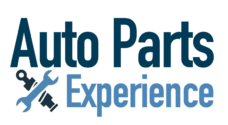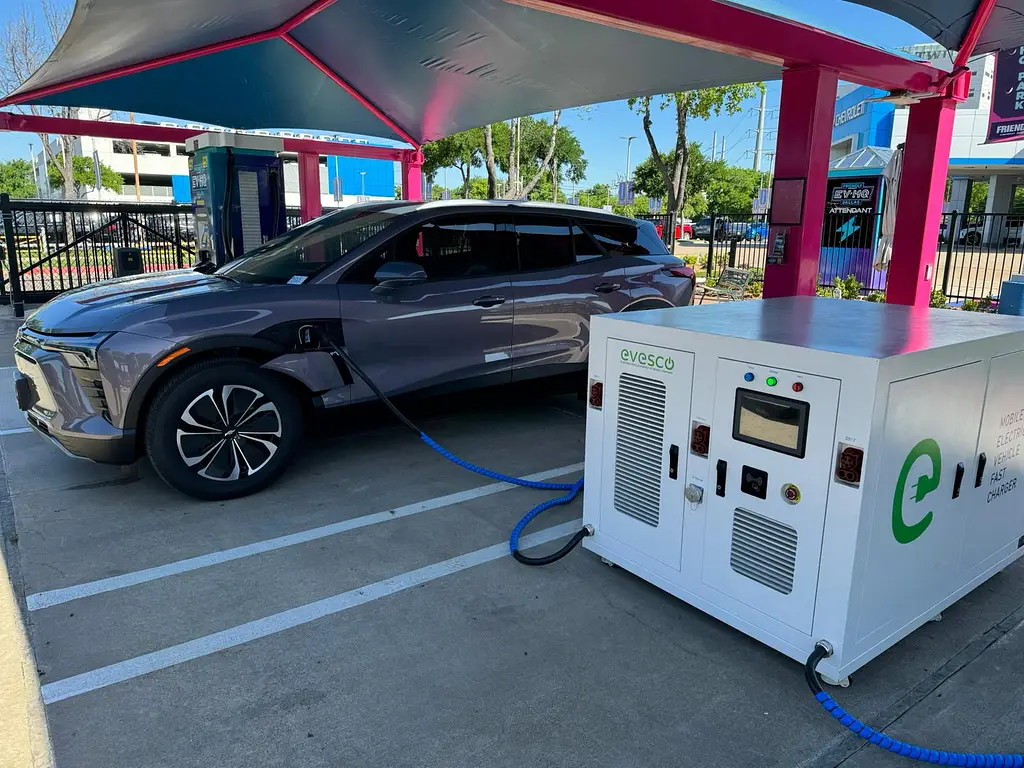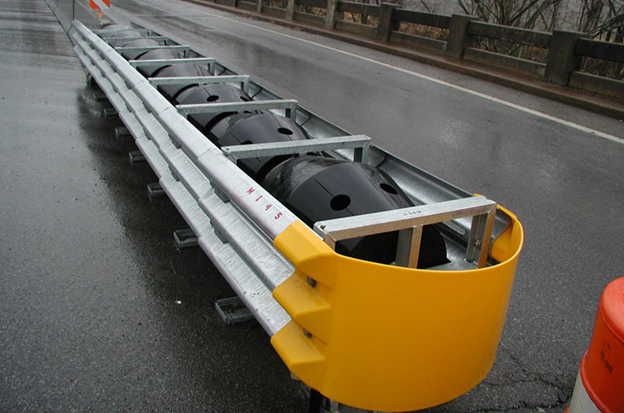The commercial vehicle industry stands at a transformative moment as fleet operators increasingly adopt electric, hybrid, and alternative fuel vehicles to meet environmental regulations, operational cost objectives, and sustainability commitments. This transition creates new challenges for fleet maintenance while conventional vehicles continue operating alongside emerging technologies that require different maintenance approaches. Understanding the evolving lubrication landscape helps fleet operators prepare for technological transitions while maintaining reliable operations throughout the changeover period. Castrol commercial vehicle solutions support fleet operators through this transition with products designed for both conventional and emerging vehicle technologies.
Electric commercial vehicle adoption introduces new maintenance paradigms that eliminate traditional engine oil requirements while creating demands for specialized greases, coolants, and thermal management fluids that support electric drivetrain operation. Battery cooling systems, electric motor bearings, and charging infrastructure require specialized lubricants that maintain performance under different operating conditions than conventional vehicles. These emerging applications require innovative lubrication solutions developed specifically for electric vehicle technologies.
Hybrid commercial vehicles combine conventional engines with electric systems, creating complex maintenance requirements that include both traditional lubrication needs and specialized electric system support. These vehicles may operate in electric-only mode for urban deliveries while utilizing conventional engines for highway operation, creating varied operating patterns that influence lubrication requirements. Advanced lubricants must support both conventional and electric operation modes while maintaining reliability throughout diverse operating conditions.
Alternative fuel vehicles including CNG, LNG, and hydrogen-powered commercial vehicles create unique lubrication challenges through different combustion characteristics and system requirements that influence lubricant selection and maintenance practices. Natural gas engines may require specialized lubricants that accommodate different combustion temperatures and byproducts compared to diesel engines. These alternative fuel systems require lubricants specifically formulated for their unique operating characteristics.
Fleet transition planning requires careful consideration of maintenance infrastructure, technician training, and lubricant inventory management throughout the changeover period when fleets operate mixed vehicle technologies. Maintaining expertise and inventory for multiple vehicle types creates complexity that requires strategic planning and supplier support. Comprehensive transition planning helps ensure operational continuity while adopting new technologies.
Infrastructure requirements for alternative fuel vehicles include specialized charging systems, fueling equipment, and maintenance facilities that support emerging vehicle technologies while maintaining conventional vehicle servicing capability. These infrastructure investments require long-term planning and coordination with utility providers, equipment suppliers, and service organizations that support fleet operations.
Technology integration across mixed fleets includes telematics systems, maintenance management, and operational coordination tools that must accommodate different vehicle technologies while providing unified fleet management capabilities. These systems help optimize fleet efficiency while supporting the complexity of managing diverse vehicle technologies throughout transition periods.
Environmental benefits of fleet electrification include reduced emissions, improved air quality, and sustainability performance that support corporate environmental objectives and regulatory compliance requirements. Advanced lubricants contribute to environmental benefits through improved efficiency in conventional vehicles while supporting the adoption of cleaner technologies that reduce overall fleet environmental impact.
Cost considerations for fleet transition include vehicle acquisition costs, infrastructure investments, and operational expenses that influence adoption timing and technology selection for commercial fleet applications. Total cost of ownership analysis helps evaluate different technologies while considering operational requirements, route characteristics, and regulatory environments that affect fleet operations.
Training requirements for mixed fleet operations emphasize technician education and maintenance procedure development that support both conventional and emerging vehicle technologies throughout transition periods. Comprehensive training programs help ensure maintenance quality while supporting operational reliability for diverse vehicle technologies serving commercial applications.
Regulatory compliance considerations for fleet transition include emission standards, safety requirements, and operational regulations that influence vehicle selection and maintenance practices throughout the adoption of emerging technologies. Understanding regulatory requirements helps guide transition planning while ensuring compliance throughout changeover periods.
Future planning for fleet operations includes technology roadmap development, infrastructure expansion, and operational optimization that support long-term sustainability objectives while maintaining competitive operational performance. Strategic planning helps position fleet operations for continued success while adopting technologies that support environmental and operational objectives.
As commercial vehicle technology continues evolving toward greater efficiency and environmental performance, lubrication technology will adapt to support both conventional and emerging vehicle technologies while helping fleet operators successfully navigate the transition toward more sustainable transportation solutions that serve growing commercial demands.
For more information on fleet electrification, visit the Commercial Vehicle Safety Alliance or explore resources from the National Association of Fleet Administrators.# 20 Castrol Commercial Vehicle Guest Blog Posts





